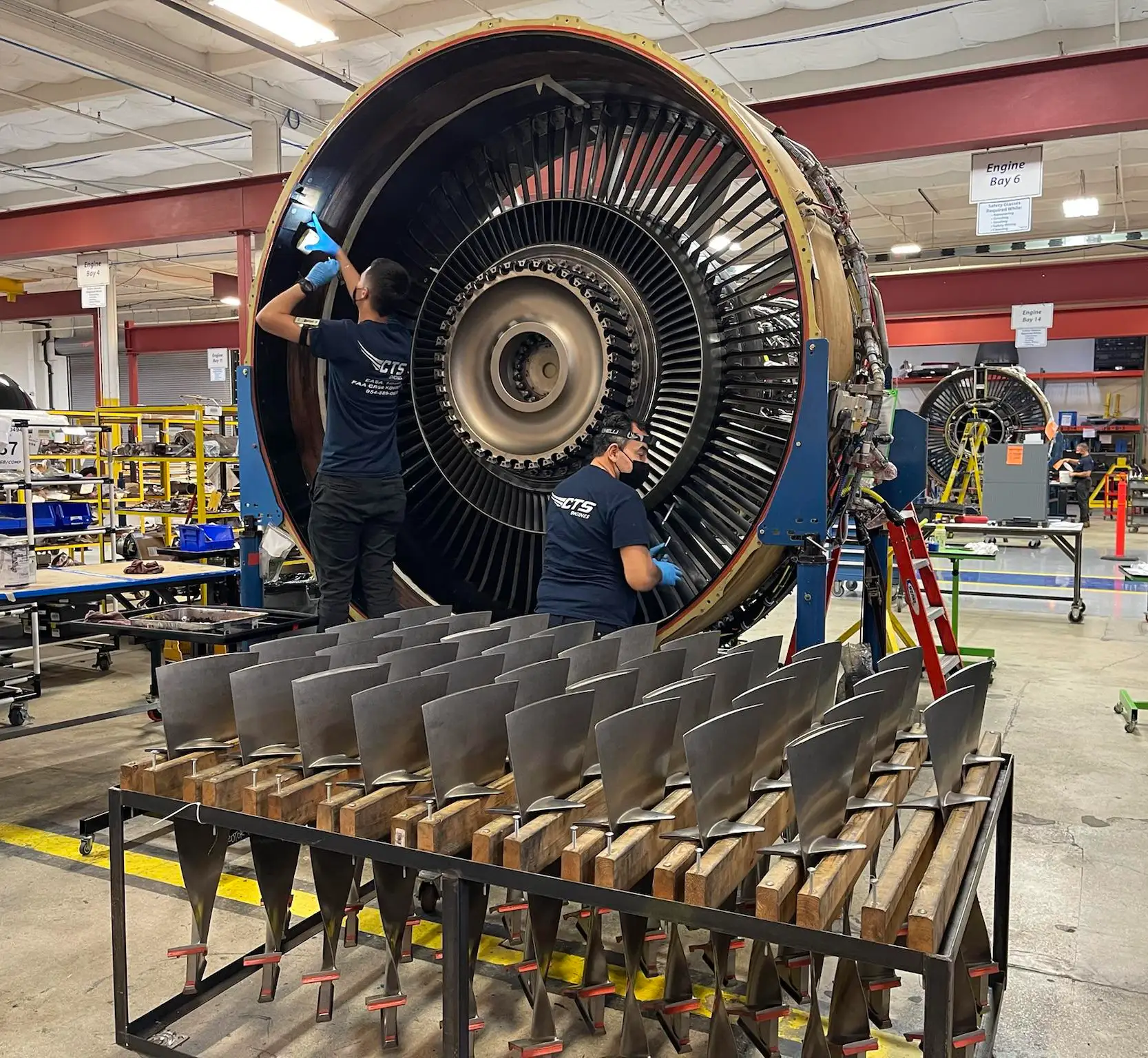Check Out High Quality Options with Engines For Africa's Supply
A Total Guide to Picking the Right Engine for Your Project
Choosing the appropriate engine for your job is a crucial choice that can dramatically impact its general success. It is vital to diligently define your project needs, examine efficiency needs, and consider user-friendliness together with various other vital aspects. Additionally, understanding the area support offered and looking at cost implications can even more fine-tune your option. Each of these components plays a crucial role in guaranteeing that your chosen engine not only meets immediate objectives but also aligns with long-term goals. As we explore these considerations, you may find that the subtleties of each facet disclose greater than at first anticipated.
Specify Your Job Demands
Defining your job needs is an important action in choosing the ideal engine for successful application. A thorough understanding of your project's goals will certainly guide you in determining the capabilities and functions called for from an engine. Begin by outlining the range of your job, consisting of the wanted functionality, target audience, and the certain end results you intend to achieve.
Next, think about the technological demands that straighten with your task objectives. This consists of evaluating the compatibility of the engine with existing systems, in addition to the programs languages and frameworks that will be used. Furthermore, examine the degree of scalability needed to accommodate future development or adjustments in demand.
Budget plan constraints likewise play a crucial function in defining your project needs. Establish a clear financial structure to lead your decision-making procedure, making certain that the engine picked fits within your spending plan while supplying the needed performance.
Evaluate Performance Requirements

Next, take into consideration the scalability of the engine. Examine whether it can handle boosted work as your project expands. Engines that sustain horizontal scaling are commonly more suitable for larger applications. In addition, evaluate the engine's performance under various problems, such as peak use scenarios, to guarantee it fulfills your reliability requirements.
Consider Simplicity of Usage
While technological requirements are important, the simplicity of use of an engine can dramatically influence the growth procedure and total project success. An intuitive interface, clear paperwork, and streamlined workflows can dramatically lower the understanding contour for designers, enabling them to concentrate on imagination and analytical instead of grappling with complex devices.
When reviewing an engine's convenience of usage, take into consideration the onboarding experience. A well-structured intro, total with tutorials and sample projects, can promote a smoother change for new users. In addition, the clarity and comprehensiveness of the engine's documents play a critical duty; detailed guides and API references can encourage designers to troubleshoot and carry out functions successfully.
An engine that enables for very easy adjustments can be much more straightforward, as developers can tailor it to fit their certain demands without extensive trouble. Eventually, picking an engine that focuses on convenience of usage can lead to a more enjoyable and efficient advancement experience.
Assess Neighborhood and Support
The stamina of an engine's neighborhood and support network can considerably influence a designer's experience and success. A lively neighborhood typically suggests a riches of shared knowledge, resources, and troubleshooting assistance that can boost your task's growth procedure. When analyzing an engine, take into consideration the dimension and task level of its community. Larger areas typically supply extra discussion forums, tutorials, and third-party plugins, allowing developers to find remedies a lot more effectively.
Additionally, assess the availability of main support networks. Reputable documentation, receptive customer assistance, and routine this website updates are essential for resolving technical concerns and keeping your task on track. Engines For Africa. Energetic communities additionally foster cooperation, providing possibilities for networking and feedback, which can be very useful, especially for small groups or go right here independent developers
Furthermore, investigate the existence of community-run occasions, such as meetups or hackathons. These events can enhance your understanding of the engine while attaching you with skilled individuals and possible partners. In recap, a robust area and support system not only enhance growth but also develop an atmosphere helpful to learning and development, eventually improving the chance of your task's success.
Contrast Price and Licensing Options
Budget considerations play a critical duty in picking the appropriate engine for your task, as the cost and licensing options can significantly impact both short-term expenses and long-term viability. Engines For Africa. Various engines offer differing rates frameworks, which can consist of one-time purchase fees, membership models, or revenue-sharing agreements based on your task's revenues

Licensing alternatives additionally vary significantly. Some engines are open-source, providing flexibility and community-driven assistance, while others may require proprietary licenses that limit usage and circulation. Comprehending the implications of each licensing version is vital, as it influences possession rights, future scalability, and potential legal obligations.
Conclusion
To conclude, choosing the suitable engine for a project necessitates a thorough evaluation of defined task demands, performance needs, simplicity of use, area support, and expense considerations. By methodically addressing these important factors, decision-makers can make certain alignment with both future and current job needs. A well-informed option ultimately improves the probability of project success, allowing efficient resource allotment and making best use of possible results within the defined budgetary restraints.
Selecting the suitable engine for your job is a crucial decision that can considerably impact its general success.Specifying your job requires is a critical action in picking the suitable engine for successful execution. An extensive understanding of your task's goals will guide you in recognizing the capabilities and attributes called for from an engine.As soon as you have a clear understanding of your task requires, the next action is to evaluate the performance requirements of the engine.In final thought, selecting the ideal engine for a task requires a thorough analysis of specified project requirements, performance needs, ease of use, community support, and cost considerations.